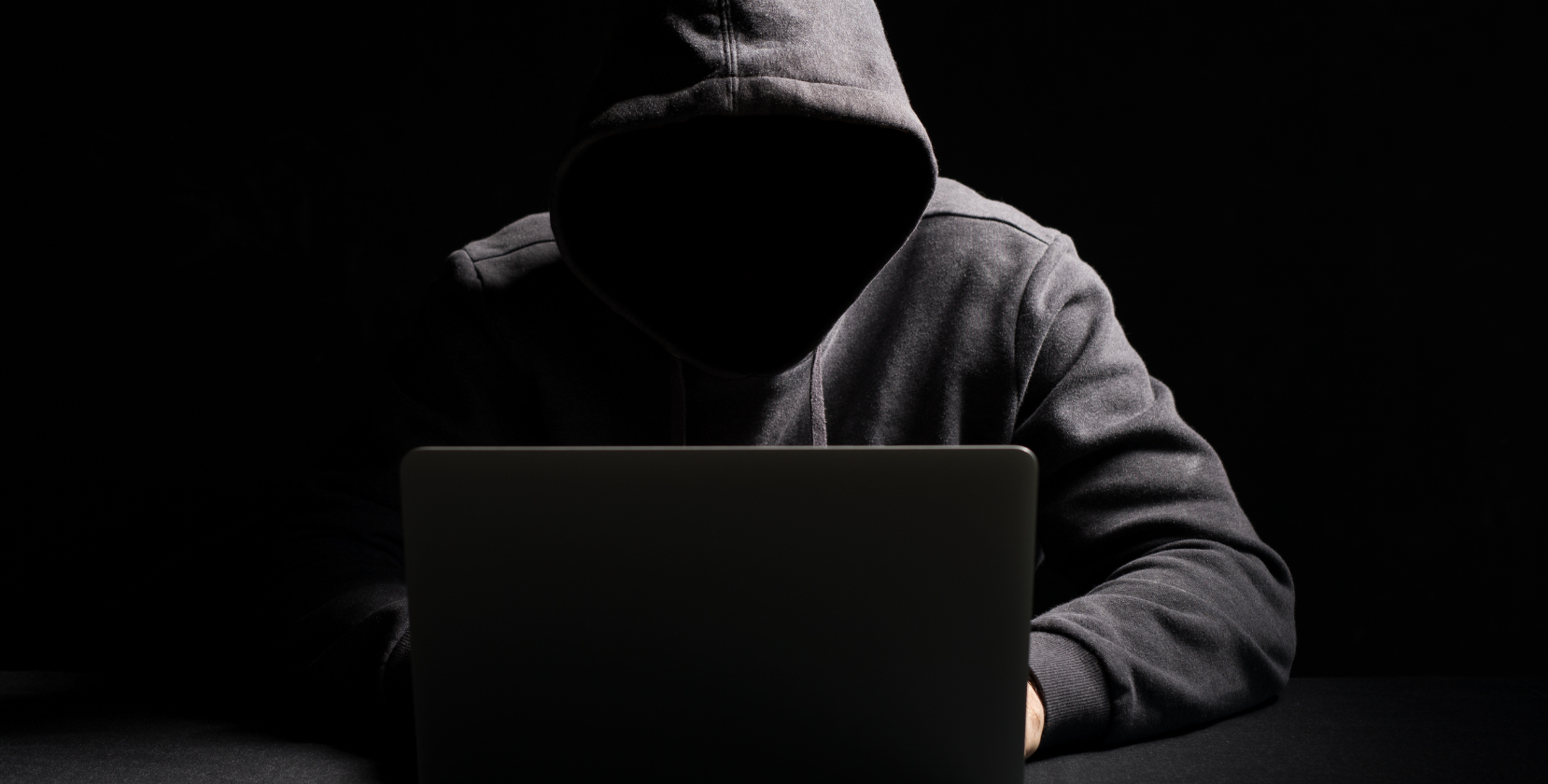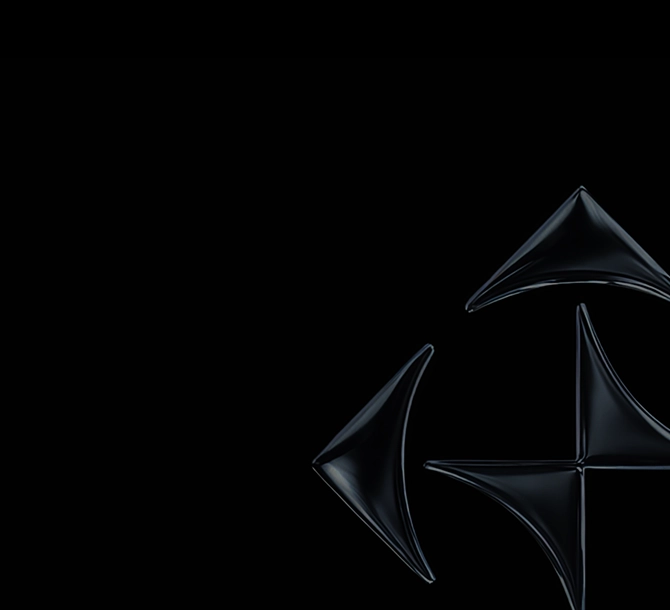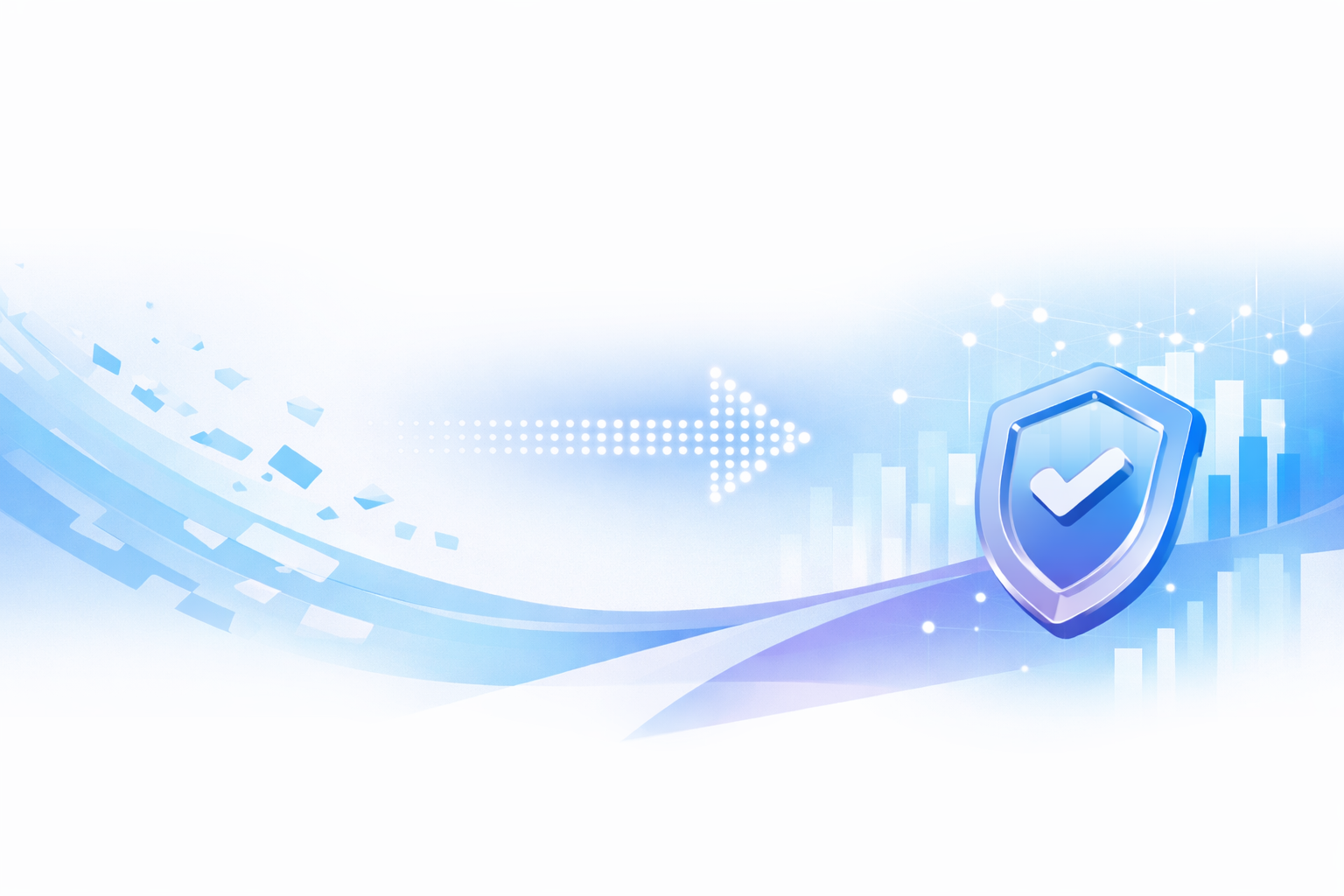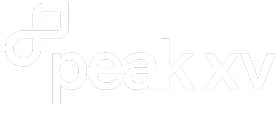Online piracy is a multi-billion-dollar problem.
According to the U.S. Chamber of Commerce, digital piracy costs the U.S. economy at least $29.2 billion in lost revenue every year. Across industries, infringing websites steal intellectual property, mislead consumers, and chip away at brand reputation. Yet, enforcement efforts often struggle to keep up with the sheer speed at which these sites emerge, migrate, and reappear.
For enforcement to be effective, it must be fast, coordinated, and transparent. But many brands lack real-time visibility into takedown progress, rely on manual reporting processes that slow them down, or fail to track which enforcement actions are actually working.
So, what does a strong enforcement strategy look like?
Real-Time Visibility into Takedown Progress
One of the most overlooked aspects of successful website enforcement is having real-time insight into enforcement actions. Once a takedown request is submitted, it’s essential to track:
- Google de-listing status – Has the website been removed from search results?
- Hosting provider action – Has the content been disabled?
- Registrar action – Has the domain been suspended?
Without clear visibility, brands are left waiting without knowing whether enforcement is progressing—or if action is even being taken at all.
Transparency in enforcement history then helps brands refine their approach. If a specific registrar consistently ignores requests, enforcement teams can shift focus to alternative channels. If certain hosting providers respond immediately, efforts can be redirected toward similar platforms.
Coordinated Bulk Reporting for Faster Removals
An infringing website doesn’t rely on a single provider to stay online. It exists because of a network of players, including domain registrars, hosting providers, content delivery networks (CDNs), and search engines.
If these parties fail to act, the website may stay up for weeks or even months.
A fragmented approach to enforcement, where takedown requests are sent individually and at different times, leaves too much room for delay. Instead, enforcement needs to happen at scale, with bulk reporting that alerts all necessary parties simultaneously. The faster these networks receive a request, the faster an infringing website disappears.
A Clear History of Enforcement Actions: Measuring Impact with “Cleanliness Rate”
Enforcement isn’t just about taking down a website once, it’s about learning from every action to improve future results. Without a detailed, timestamped history of enforcement efforts, brands risk spending weeks chasing ineffective takedown paths without knowing what’s working and what isn’t. But even beyond individual takedown success, brands need a standardized way to measure the overall effectiveness of their content protection strategy.
One of the most effective ways to do this is by tracking the “Cleanliness Rate.” This metric evaluates how clean the first page of Google search results is for key brand-related queries. It’s calculated as the percentage of positive search results, including official and whitelisted websites, to measure how well piracy enforcement efforts are keeping unauthorized sources out of top search rankings.
Instead of focusing solely on the number of takedowns, tracking “Cleanliness Rate” helps brands assess the real impact of enforcement: is the first page of search results reflecting their authorized content, or are infringing websites still drawing traffic away?
Tracking “Cleanliness Rate” over time provides brands with a holistic measure of how well their content protection strategy is working. It shifts the focus from removing individual infringing websites to ensuring that legitimate sources dominate search visibility, ultimately minimizing traffic loss and brand erosion.
Transparent Reporting and Live Enforcement Updates
Below are some tools from MarqVision that help brands achieve a data-driven, impact-focused enforcement strategy:
- Real-time tracking of takedown effectiveness, ensuring that enforcement actions lead to measurable improvements in search result cleanliness.

- Automated bulk reporting to streamline the removal process across multiple enforcement channels. By implementing this strategy, reporting times sharply decreased from 3 hours to 3 minutes.
- A “Cleanliness Rate” dashboard, allowing brands to monitor how well their authorized content ranks in search results over time, on a daily basis.

By combining automation, visibility, and bulk reporting, MarqVision enables brands to enforce at scale, move faster than infringers, and finally take control of their brand’s online presence.
Stay up to date on the latest IP Protection content from MarqVision.
4 Enforcements a Week to 400: Scale Brand Safety with Marq AI

Don’t Just Find Counterfeits. Dismantle the Entire Network.

.png)
Discover the latest trends and challenges in IP protection

Take Control of Your Trademarks with MARQ Folio

Renew and Manage Your Trademarks Easily With MARQ Folio

We’re waiting to hear from you

See the best brand protection solution in action

Don’t let piracy steal your growth

Talk to us about your brand protection problems
















